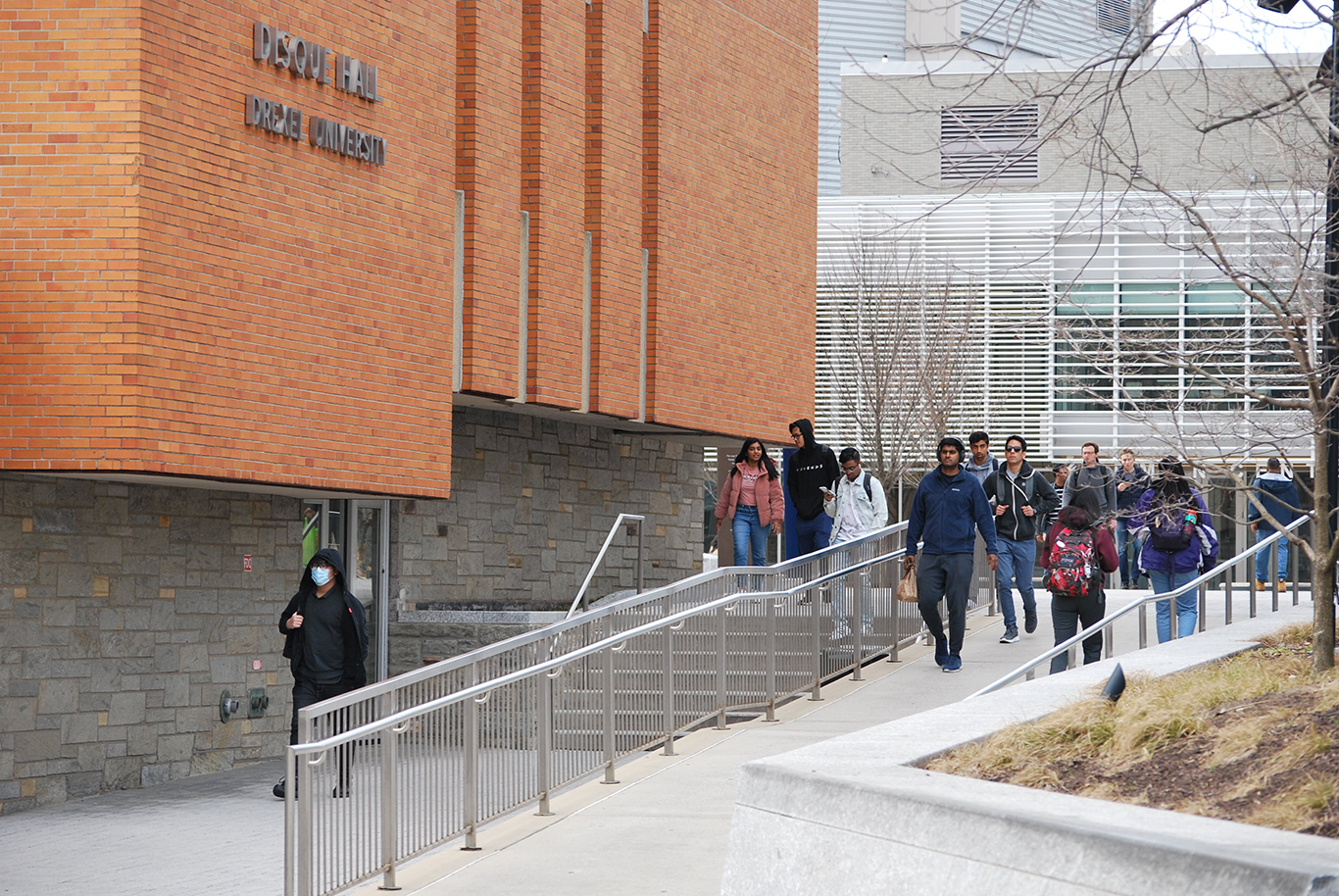
With the number of cases having exceeded 100,000 since March 6, coronavirus is becoming an increasingly concerning public health crisis. As hand sanitizers fly off shelves and health tips are thrown around, another disease is also spreading: ethnophobia. Amidst the coronavirus outbreak, the incidences of anti-Asian racism have increased at an alarming rate.
This ethnophobia and xenophobia rears its head in many different ways. Whether it comes in the form of verbal harassment, physical assault or the economic declines for Chinese-run businesses, it is abundantly clear that the coronavirus has not only brought with it a new-age pandemic, but also a resurgence of xenophobia.
The intertwined nature of xenophobia and pandemics is nothing new. We have seen it time and time again. When a new disease comes about, miscellaneous facts regarding its origins or “target demographic” are used to justify discrimination towards a group, which is typically a group seen as the “other.”
Just 17 years ago, the SARS outbreak also led to an increase in anti-Asian sentiment. Predominantly Chinese neighborhoods and businesses were suddenly empty. The general public couldn’t sit near Asians without feeling “dirty.” And of course, people who even appeared Asian were unfairly looked at as “dirty” or “contagious.” For example, the University of California, Berkeley came under fire for banning all students from certain East Asian nations from its summer programs. Only after receiving criticism and backlash for this policy did they amend it. They would permit some students to come, but they would reserve special rooms for students who fell sick, and the Asian students would be closely monitored. When we think of the saying “history repeats itself,” there are few times we can think of such a clear parallel.
In no way did this kind of visceral reaction help address the SARS outbreak, and similarly, this reaction won’t help us address the coronavirus outbreak. Thinking that people of a certain ethnicity are more likely to catch coronavirus isn’t just an unfair bias, but it is also, in this case, scientifically unsound. People may discriminate based on ethnicity and race, but the coronavirus does not.
It’s not just individual people who are capable of using coronavirus as an excuse for racism. The New York Post recently came under fire for using an image of Flushing, Queens rather than one of Manhattan, where the case actually occurred, in an article discussing a recent case of coronavirus. Flushing is a town comprised of around 70 percent Asian-Americans, and so it seems abundantly clear that there was bias behind the use of this image.
Moreover, the way we act in times like these will determine where we go from here. The outbreak of coronavirus doesn’t give us an excuse to discriminate, and it certainly doesn’t give us an excuse to act on our base instincts. According to one study by the National Institute of Health, this kind of disease racialization yields no positive impact in terms of preventing disease. More often than not, the disease transfer occurs between healthcare professionals and patients.
Hoarding medication, food and health supplies won’t protect us, and neither will turning on each other. The best thing that can be done is maintaining healthy habits, like washing your hands and keeping your hands away from your face.
While the resurgence of anti-Asian sentiments all over the country is common knowledge, it came as a startling shock when one of Drexel’s own became the victim of such an attack. On Friday, Drexel’s student body received an email regarding a racist incident that took place the day before. According to John Fry’s email, a Chinese Drexel student was verbally harassed on the Market-Frankford El. The Drexel community, as well as the global community, must recognize that attacks like these come from a place of ignorance, and we must operate on the fundamental understanding that we are all in this together.
The global community needs to hear from leaders who place science, fact and the well-being of the public at the center of their rhetoric. It is the responsibility of well-educated and capable leaders to spread messages rooted in science and emphasize the foolishness of disease racialization.


